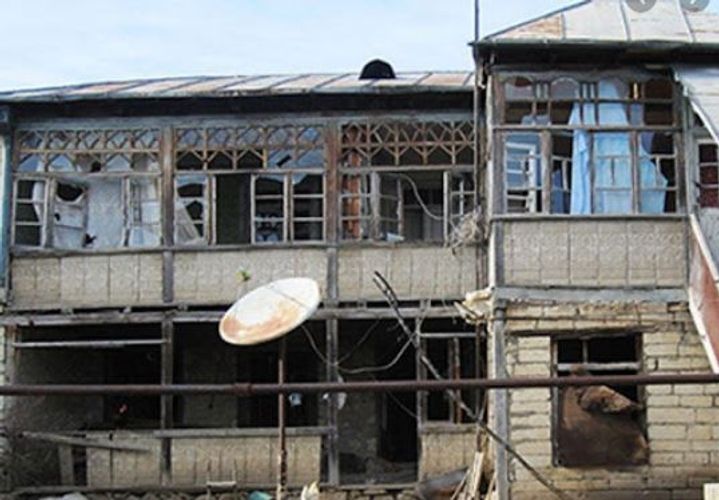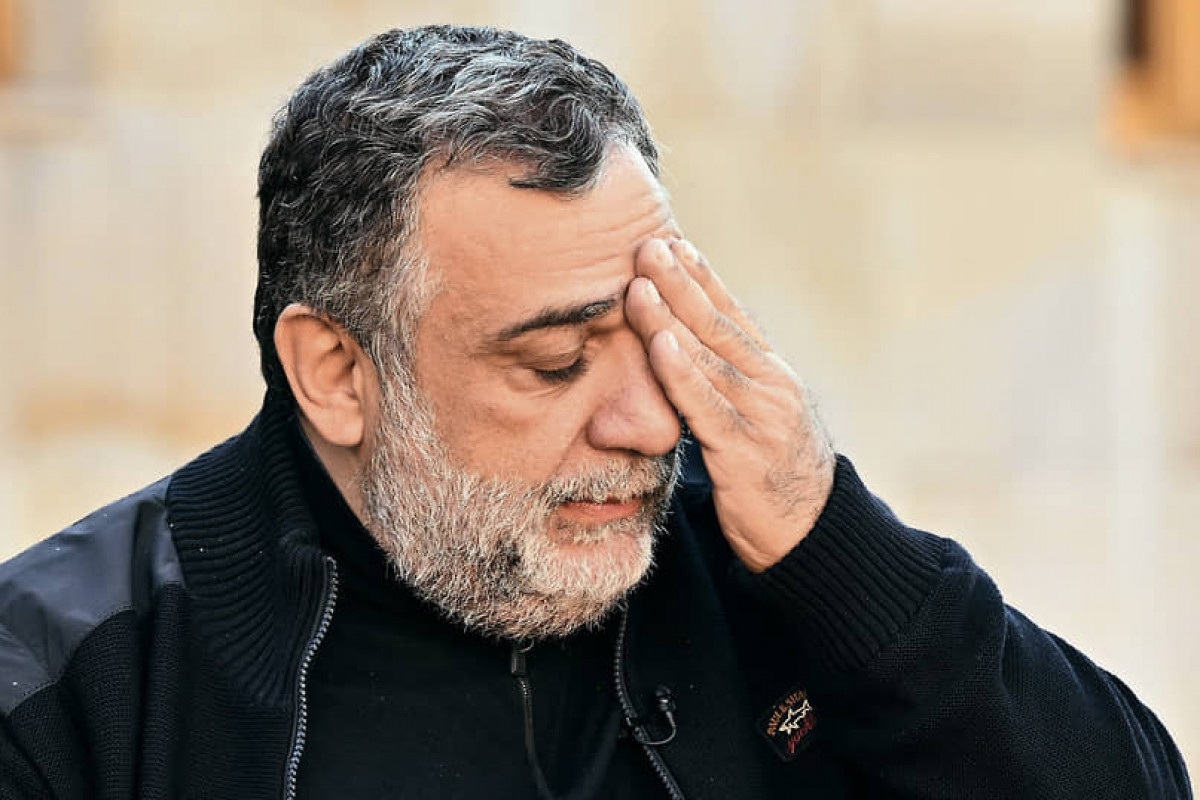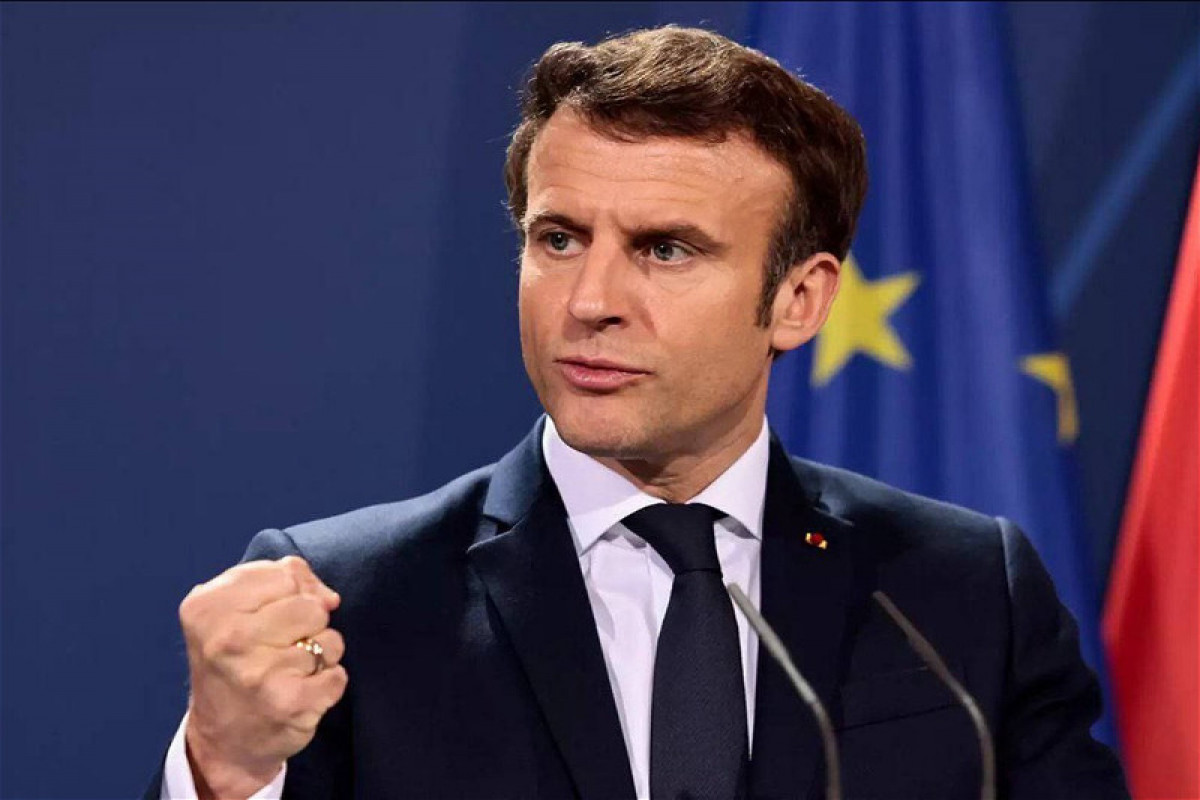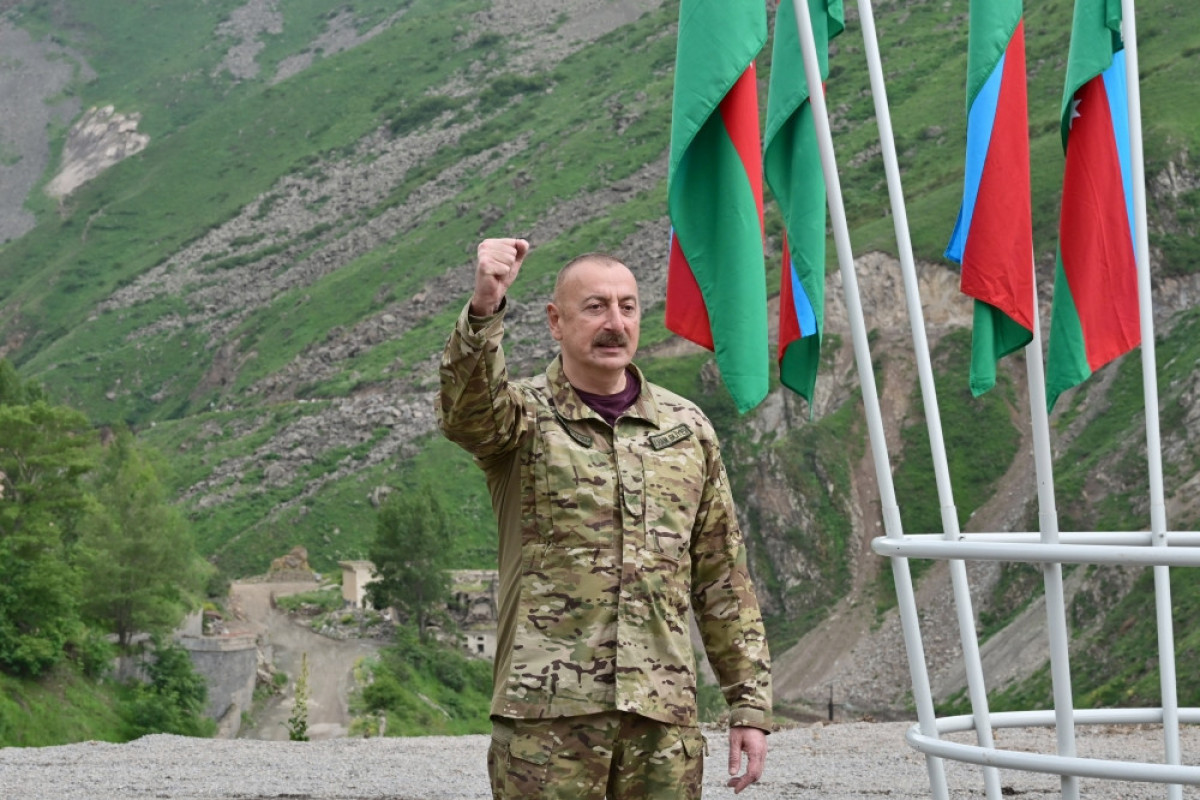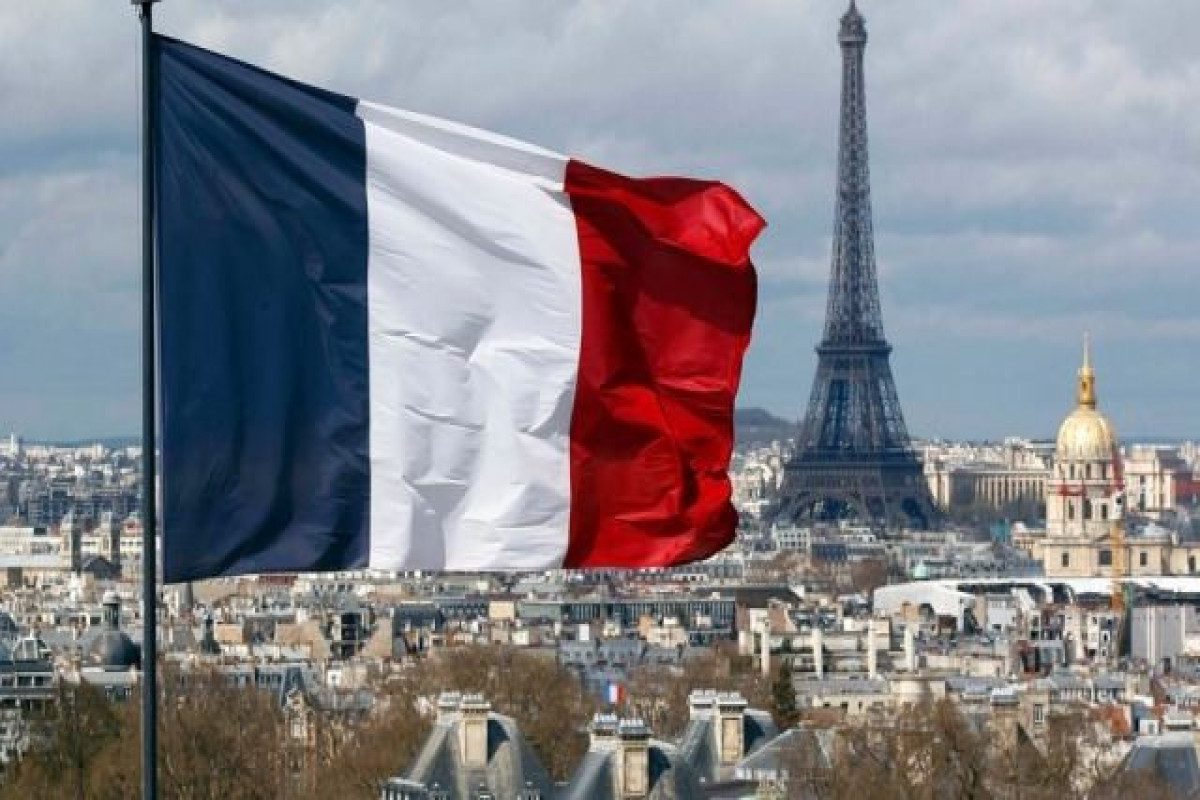“The role of spiritual strength in gaining success in war accounts for three-quarters, while the role of material strength – for one-quarter”.
This quotation of the great military leader Napoleon in fact is sufficient for understanding the muted horror of war. From the first glance, the war is a process of destruction of spirituality and all physical and spiritual boundaries. But it is obligatory and critical to be a morally upstanding person and to adhere to unwritten laws of war (currently, these laws have also been written and approved at international level)...

...Azerbaijan’s stance regarding Nagorno Garabagh conflict is the principle of territorial integrity. The UNO and other international organizations, the world countries support Azerbaijan’s territorial integrity. Unfortunately, as this diplomatic support doesn’t move into a phase of applying actual pressure on Armenia, the occupant country continues to consistently commit provocations and terrorist acts of the Azerbaijani territories. And in these terrorist incidents, along with the Azerbaijani Army, the civil population and their personal farms become the main target.
On July 12 of this year, when the attack attempt of the Armenian Armed Forces violating Azerbaijan’s STATE BORDER was being prevented, 12 military servicemen were martyred, there were also wounded casualties. Armenians launched war not only against military servicemen but also against the civil population. As a result of the Armenian terrorist acts, the resident of Agdam village of Tovuz region Azizov Aziz Izzat born in 1944 was killed. Note that this is not the first attack of Armenians against the civil population. Even after the Khojaly genocide committed in 1992 and resulted in murder with extreme brutality of the civil population of the whole settlement, the atrocities against the civil population were still continued. After signing of the ceasefire agreement, hundreds of civil persons have been killed and wounded. According to the statistics until 2017, after the ceasefire, 34 children have fallen victim of the Armenian terrorism. Of which, 14 children died, while 20 were heavily wounded. The killing by Armenians in 2011 of the resident of Agdam region Fariz Badalov aged 9 while he was playing in his homestead area and the killing in 2017 of Zahra aged 2 together üith her grandmother Sahiba Guliyeva on the territory of Fuzuli region as a result of the fire opened by Armenians have also been on agenda of the world media.

Meanwhile, during July, the resident of Tovuz region aged 76 was killed by the occupant’s bullet in his own house while sitting at the dinner table, the projectiles fell on 2 houses, homestead areas and sowing areas on the territory of the region’s Vahidli, Yukari Oysuzlu, Agdam villages, and the destructions took place. While the number of projectiles that fell on central roads of the villages is incalculable. Armenians uninterruptedly keep the villages under fire from heavy-caliber weapons for several hours. They destroy central communication lines, leave villages without electricity.
No case of attacking of the Armenian civil population by Azerbaijanis was registered during the Armenia-Azerbaijan conflict. No attack on and intervention to Armenia’s legally recognized territories by the Azerbaijani side has taken place.
The exposure of the civil population to attack is the direct violation of requirements of the Geneva Convention adopted on August 12, 1949, which has also been ratified by Armenia. According to the content of the convention, both Azerbaijan and Armenia have assumed the obligation in no case to target the civil population not being a combatant (a fighting person) during any supposed conflict and the obligation to organize their defense.
According to the requirement of the Convention, it is prohibited to target civil facilities and populations during wars, and this is considered a war crime. The targeting of civil population and facilities is prohibited according to the international humanitarian law, i.e. item 1 of clause 52 of the 1st protocol attached in 1977 to the Geneva Convention dated August 12, 1949.
The humanitarian law doesn’t prohibit war but puts it in order according to relevant rules and norms.
The international humanitarian law is a collection of norms that are mostly aimed at the protection of people, restrict the used methods and means of war and ensure the protection of human rights. In other words, the purpose of the international humanitarian law is to reduce pains caused by war, to protect and to help the aggrieved persons, the civil population, and the wounded military servicemen. According to the international humanitarian law, it is prohibited to use a weapon against a person who doesn’t participate in the war.

International humanitarian law considers attacks on civilians (I Protocol article. 51/2 and article.52; II protocol article. 13), places of worship (I Protocol article. 53; II Protocol article. 16) and the capture and hostage-taking of civilians as terrorism.
In other words, according to international law and documents, it is terror committed by Armenia.
Article 52 of the Geneva Convention reads that an investigation into violations must be initiated at the request of one of the parties.
If no agreement reached regarding the procedure of investigation the parties choose jury to settle the issue.
As soon as a violation is identified, the parties to the conflict must stop it and punish those who caused it.
According to the Convention, intentional homicide, non-legal ruthless destruction, and seizure of property, torture and ill-treatment are considered serious violations.
Currently, the local prosecutor's office is investigating the July 12-15 incidents and can demand the punishment of those who attacked the civilian population through an international search warrant.

For Azerbaijan and Armenia, which are under the jurisdiction of the European Court of Human Rights, the approach implemented by the court in this area does not diminish the importance of talking about the rules of international humanitarian law.
The court applies the rules of international humanitarian law together with human rights to the military operations of countries in both domestic and international military conflicts.
Article 15 of the European Convention also allows the party states to withdraw from some provisions during the war, other obligations of states in accordance with international law without contradicting international humanitarian law.
In addition, although the European Court adopts decision mainly on domestic disputes, it may assess Articles 15 and 2 of the Convention (violation of the right to life) in similar cases.
***
Ancient Greek philosophers divided the war into two parts: the just war and the war of aggression. We were forcibly involved in the war at the instigation of the occupant country. The occupant has no moral barrier...
Article 15 of the European Convention also allows the party states to withdraw from some provisions during the war, other obligations of states in accordance with international law without contradicting the international humanitarian law.
Shamil Pashayev
Lawyer


